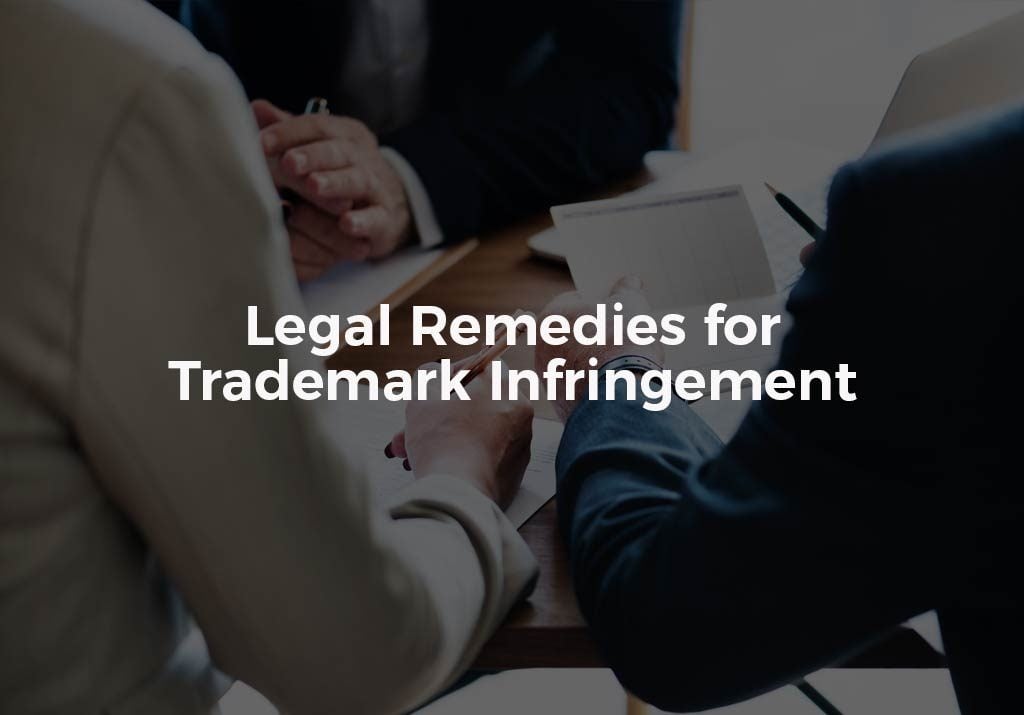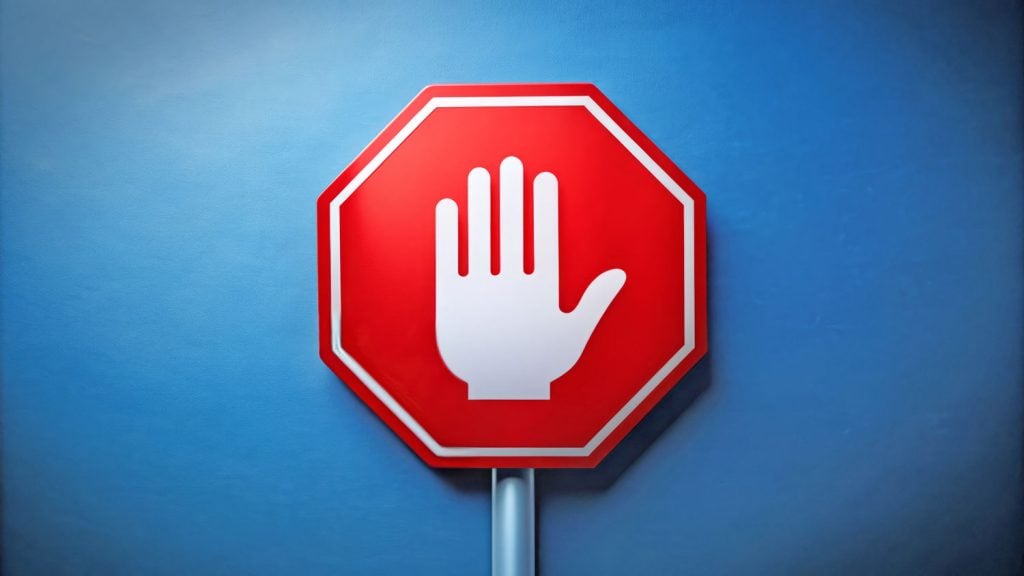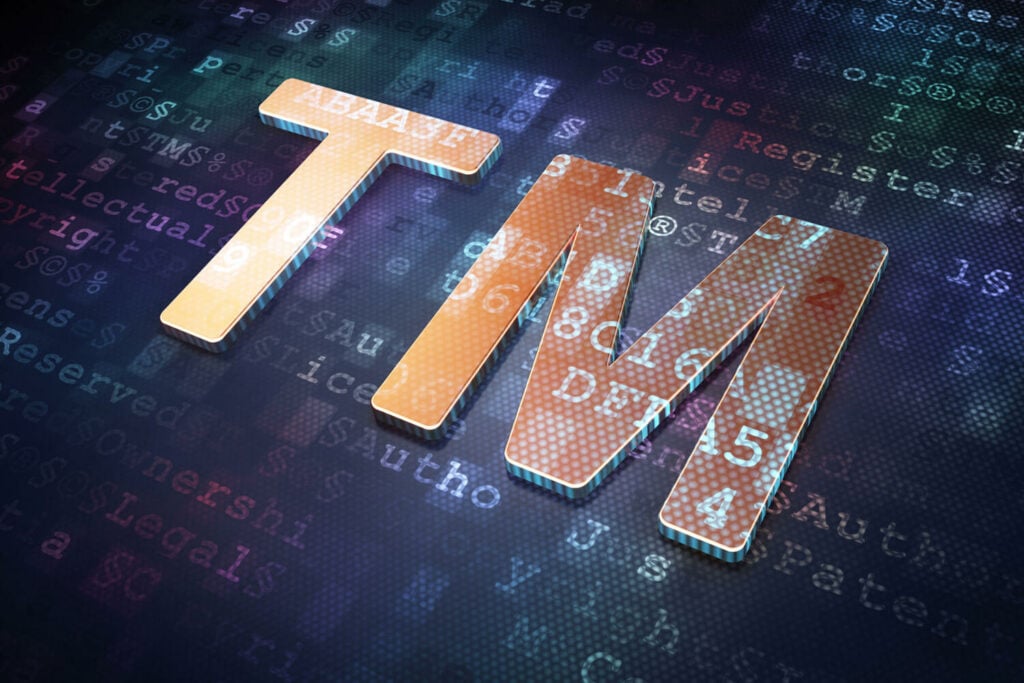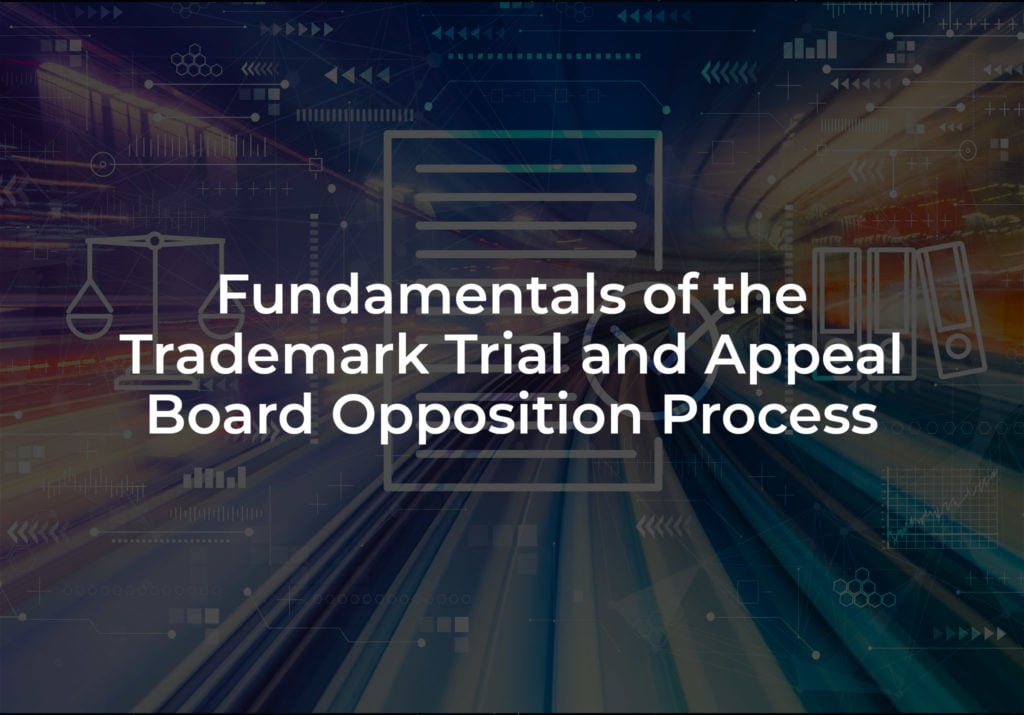Trademark infringement is one of the most common forms of trademark-related litigation. Individuals who have had their trademark rights infringed upon sue the infringer/defendant in court, and seek some form of remedy to “compensate” them for the economic injury that they have suffered due to the infringement of their trademark rights. “Compensation” does not always have to mean an award of money, especially in trademark infringement cases.
Legal Remedies for Trademark Infringement Case
There are a number of different legal remedies that trademark owners can request during their trademark infringement proceedings. Some of the most common legal remedies for trademark infringement include:
- Monetary compensation. The classic legal remedy in any type of litigation is monetary compensation. In trademark infringement cases, monetary damages are a form of legal remedy that can be sought by an injured plaintiff. Plaintiffs may request actual damages (e.g., from lost sales),
defendant’s profits from sales made from using the infringed trademark, and costs (see attorney’s fees below). In some states, plaintiffs may also request punitive damages under state law. - Court-ordered injunction. Plaintiffs can request that the court issue an order mandating that the infringer cease any and all infringing activities, including
use of the infringing trademark. The injunction could require that the infringer stop all sales of infringing products immediately, or could require that sales of the infringing product cease after the conclusion of a reasonable sell-off period. Injunctions can be preliminary in nature (meaning that the injunction is only valid for the duration of the trademark infringement lawsuit), or permanent (meaning that the injunction is issued at the conclusion of the trademark infringement lawsuit). Injunctions may also be limited in terms of geographical scope (e.g., defendant cannot use the trademark within 100 miles of a particular city), field of use (e.g.,defendant is prohibited from using the trademark in the field of athletic apparel), or channels of trade (e.g., the defendant is excluded from using the trademark when distribution involves wholesalers). - Court-ordered forfeiture or destruction of the infringing goods. Plaintiffs can also ask the court to issue an order that requires the infringer to forfeit or destroy the infringing goods. The order may
allot a particular time period in which the defendant must produce/forfeit or destroy the infringing goods. - Payment of plaintiff’s attorneys’ fees. In some cases, it may be appropriate for the plaintiff to request and be awarded payment for their attorneys’ fees by the defendant in addition to whatever other remedy is awarded.
Reach Out to A RLG Trademark Infringement Lawyer
The Rapacke Law Group understands how difficult it is to try and run your business and deal with a trademark infringement matter at the same time. It can be stressful and can negatively impact your business. We work closely with our clients to obtain relief as quickly as possible. We can help you initiate a trademark infringement lawsuit and can request a preliminary injunction immediately. Contact us today for a free initial consultation to discuss your particular circumstances and to see how we can help.




